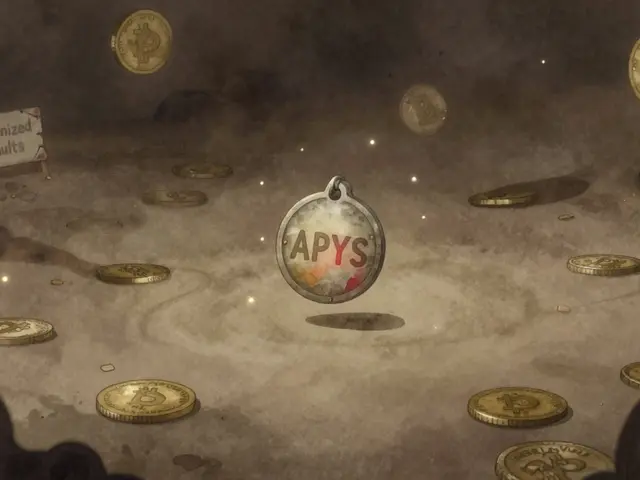Cryptocurrency Restrictions in Ecuador: What You Can and Can't Do
When it comes to cryptocurrency restrictions in Ecuador, the country’s government has never legalized digital currencies as payment or financial instruments, and banks are explicitly barred from dealing with them. Also known as crypto bans in Latin America, Ecuador’s stance is one of the most rigid in the region—no official recognition, no regulatory framework, and no protection for users. Unlike Switzerland or El Salvador, Ecuador didn’t just ignore crypto—it actively shut the door.
That means if you try to use Bitcoin, a decentralized digital currency that operates without central banks or government control to pay for groceries, send money abroad, or even hold it in a local wallet, you’re operating in a legal gray zone. Banks can and do freeze accounts linked to crypto transactions. The Central Bank of Ecuador has issued multiple warnings since 2018, calling cryptocurrencies a threat to financial stability. They don’t ban ownership outright, but they make it nearly impossible to move crypto into or out of the traditional banking system.
And it’s not just about banks. crypto regulation in Latin America, a patchwork of approaches from full bans to cautious experimentation, varies wildly. In Ecuador, even mining crypto for profit is risky. Electricity is state-controlled and heavily subsidized—using it for mining could trigger investigations. There’s no tax code for crypto gains, no reporting rules, and no legal recourse if you get scammed. You’re on your own.
People still use crypto in Ecuador—mostly through peer-to-peer platforms like LocalBitcoins or Paxful, or by using foreign exchanges with VPNs. But every transaction carries risk. If your bank notices unusual activity, your account could be locked. If you’re caught exchanging large amounts, you might face questioning. There are no fines on the books, but the threat of legal pressure is real.
What’s worse? The government’s own digital currency, the DCE, a state-controlled digital version of the Ecuadorian sucre, launched in 2015 and discontinued in 2018 due to low adoption, still casts a long shadow. It was a failed experiment in central bank control—and now, any push toward decentralized alternatives is seen as a challenge to state authority. So while crypto thrives underground, the official line hasn’t changed: it’s not welcome.
If you’re living in Ecuador or planning to move there, you need to understand this: holding crypto won’t land you in jail, but using it like money might cost you your bank access, your savings, or your peace of mind. There’s no legal safety net. No consumer protection. No recourse if a platform vanishes. And if you’re thinking about mining or trading at scale—you’re playing with fire.
Below, you’ll find real cases, broken-down guides, and warnings from people who’ve been there. No fluff. No hype. Just what actually happens when you try to use crypto in Ecuador today.
Cryptocurrency Restrictions in Ecuador: What You Can and Can't Do in 2025
Ecuador doesn't ban cryptocurrency, but banks block all crypto transactions. Learn how people buy Bitcoin, pay taxes, mine, and navigate strict rules in 2025 - and why adoption remains below 3%.





